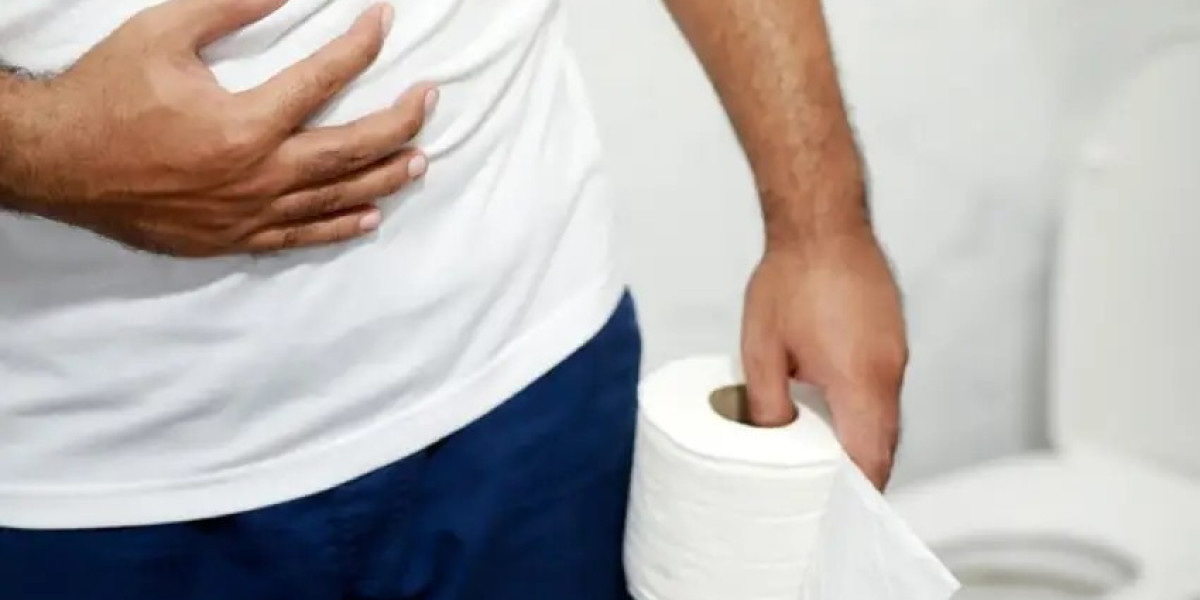When it comes to digestive health, constipation and difficulty in passing stools are among the most common complaints patients share with their gastroenterologist. However, in some cases, the reason behind these symptoms isn’t just diet or lifestyle—it could be a condition called Anismus, also known as Dyssynergic Defecation. As a female Gastrophysiologist in Pune, Dr. Rupali Jankar at Kaizen Gastro Care frequently evaluates and treats patients struggling with this often-overlooked problem. Let’s understand this condition and explore treatment options available today.
What is Anismus (Dyssynergia Defecation)?
Anismus is a pelvic floor dysfunction where the muscles that should relax during a bowel movement instead contract or fail to coordinate properly. This makes passing stools difficult, incomplete, or sometimes even painful. In simple terms:
- Normally, the rectum pushes stool out while the anal sphincter and pelvic muscles relax.
- In Anismus, these muscles don’t relax as they should—in fact, they may tighten, making defecation difficult.
Common Symptoms of Anismus:
Patients often experience:
- Chronic constipation despite high-fiber diet and laxatives
- Excessive straining during bowel movements
- Sensation of incomplete evacuation
- Need for digital maneuvers (using fingers to assist stool passage)
- Bloating and abdominal discomfort
Since these symptoms mimic common constipation, specialized evaluation by a gastroenterologist is essential.
Causes and Risk Factors:
While the exact cause isn’t always clear, factors may include:
- Learned or habitual straining during childhood
- Anxiety or psychological stress
- Pelvic floor muscle injury (sometimes after childbirth)
- Long-standing chronic constipation habits
How is Anismus Diagnosed?
At Kaizen Gastro Care, Pune, Dr. Rupali Jankar uses advanced diagnostic tools to identify dyssynergic defecation, such as:
- Anorectal Manometry: Measures pressure and coordination of rectal and anal muscles.
- Balloon Expulsion Test: Assesses the ability to expel a simulated stool.
- Defecography (X-ray or MRI): Shows how pelvic muscles work during defecation.
Treatment Options for Anismus:
The good news is that Anismus is treatable with the right approach.
Biofeedback Therapy:
- Gold-standard, non-surgical treatment.
- Helps patients retrain pelvic floor muscles to relax during bowel movements.
- Involves guided sessions using visual or auditory feedback to improve coordination.
Lifestyle and Diet Modifications:
- High-fiber diet (vegetables, fruits, whole grains).
- Adequate hydration.
- Avoiding excessive straining and unhealthy bowel habits.
Pelvic Floor Physical Therapy:
- Targeted exercises taught by trained physiotherapists.
- Strengthens and retrains pelvic muscles for proper function.
Medications (Supportive):
- Laxatives or stool softeners may help in symptom relief but do not correct the underlying dysfunction.
Psychological Support:
- Stress, anxiety, or behavioral issues can contribute to Anismus.
- Counseling or relaxation techniques may improve outcomes.
Surgical Options (Rarely Needed):
- Reserved for patients not responding to conservative therapy.
- Minimally invasive procedures may be considered in select cases.
Why Consult a Specialist?
Since Anismus is often misdiagnosed as simple constipation, many patients suffer for years without proper treatment. A specialist like Dr. Rupali Jankar brings expertise in gastrophysiology and advanced anorectal diagnostics, ensuring patients get the correct diagnosis and effective treatment. Book your consultation with Dr. Rupali Jankar at Kaizen Gastro Care, Pune, and take the first step toward better digestive health today.







